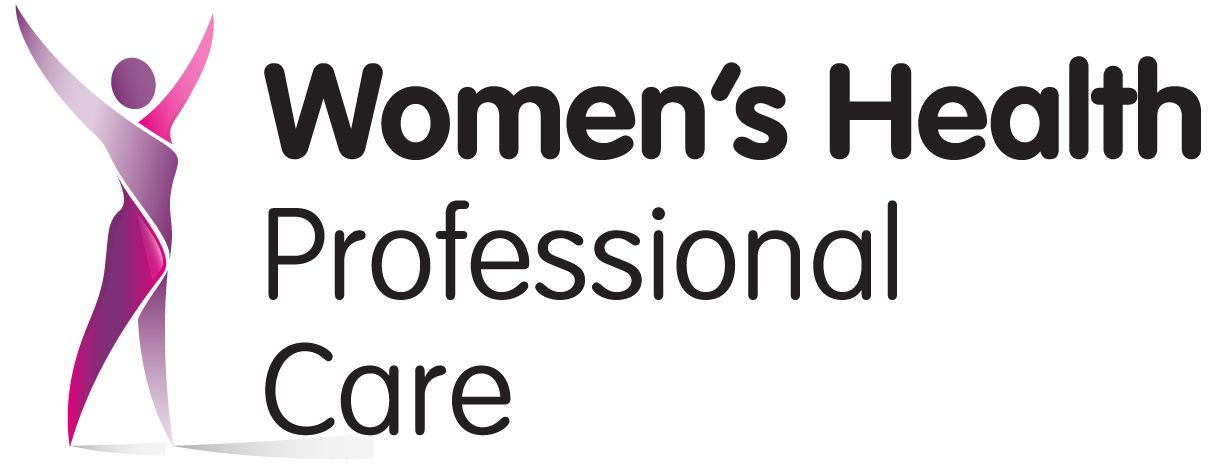Women's Health Strategy for England: A Comprehensive Plan for Better Health
)
Women's health is a critical but often neglected facet of healthcare, despite women constituting half of the global population. Historically, healthcare systems have been constructed primarily by men, inadvertently leading to a lack of acknowledgment and consideration for women's distinct health requirements. A noteworthy fact is that women not only outlive men but also grapple with a greater load of illnesses and disabilities across their lifespan. This discrepancy is further exacerbated by entrenched systemic deficiencies within the healthcare system, which compromise women's safety and disregard their apprehensions. Addressing these disparities, England has formulated the Women's Health Strategy, an extensive blueprint designed to prioritise women's health needs and enhance health outcomes for females of all ages.
The foundation of the Women's Health Strategy lies in comprehending the distinctive health requisites of women. Crafted through extensive dialogues with women across the nation, the strategy was informed by a comprehensive survey initiated by the government to glean insights and perspectives on women's health matters. The strategy's core objective revolves around catering to women's specific healthcare demands through various life stages, encompassing menstruation, pregnancy, menopause, and healthy aging. Its principal aim is to shift the focus from addressing women purely as patients to recognising them as individuals with unique healthcare prerequisites.
A pivotal aspiration of the Women's Health Strategy is to equip women and girls with accurate information that empowers them to make judicious decisions concerning their health. By furnishing exhaustive and reliable health-related information, women can enhance their understanding of health issues, articulate their concerns more effectively, and actively participate in making informed decisions about their own healthcare. This strategic approach strives to eliminate the stigma and silence shrouding women's health topics, fostering candid conversations and empowering women to seek assistance when needed.
Central to the success of the Women's Health Strategy is the commitment to creating an environment where women feel acknowledged and supported by healthcare professionals. The strategy underscores the significance of healthcare providers treating women's concerns with due seriousness and offering optimal guidance, assistance, and care. This includes enhancing the training of healthcare practitioners to deepen their comprehension of women's health matters, thereby augmenting their capacity to address women's specific needs. Additionally, the strategy recognises the role of family and friends in bolstering women's health and aims to enhance their understanding and ability to provide effective support.
To further enrich women's health outcomes, the Women's Health Strategy allocates a substantial emphasis on research and data collection. The demand for heightened research on women's health conditions, encompassing menstruation, menopause, and reproductive health, is acknowledged. By involving women in research endeavours and amassing more comprehensive insights into their requirements and experiences, healthcare professionals can create more effective treatments and interventions. Furthermore, the strategy underscores the necessity for robust data integration across the healthcare spectrum to facilitate meticulous analysis of women's health trends and outcomes.
The Women's Health Strategy spotlights several key health concerns requiring dedicated attention and action:
- Menstruation and childbirth-related health conditions
- Menopause-related support and resources
- Mental health and well-being peculiarities
- Cancer prevention, screening, and treatment for women
- Comprehensive support for survivors of violence against women and girls
- Promoting healthy aging and managing long-term health conditions
The Women's Health Strategy has already achieved notable milestones in enhancing women's health:
- Enhanced care for minority ethnic backgrounds and disadvantaged mothers and infants
- Increased investment and resources for maternity services, including bolstering midwifery and specialised childbirth expertise
- Elevated support for women navigating menopause, including accessible and affordable Hormone Replacement Therapy (HRT)
- Prohibition of detrimental practices like virginity testing and hymenoplasty
- Workplace support addressing health aspects related to menstruation, pregnancy, and menopause
- Restriction on the sale of Botox and cosmetic fillers to individuals below 18 years
- Allotment of resources for family hubs and initiatives endorsing mental health and breastfeeding
- Appointment of Women's Health and Deputy Women's Health Ambassadors to champion community engagement nationwide
The Women's Health Strategy for England signifies a momentous stride in addressing women's unique health requisites. By prioritising women's health through diverse life phases, empowering them to make well-informed decisions, enhancing healthcare services, and advancing research and data acquisition, the strategy aims to achieve superior health outcomes for women and girls. With sustained collaboration and implementation, the vision of a healthcare system attuned to women's voices, delivering comprehensive support, and fostering improved health for all stands within reach.




